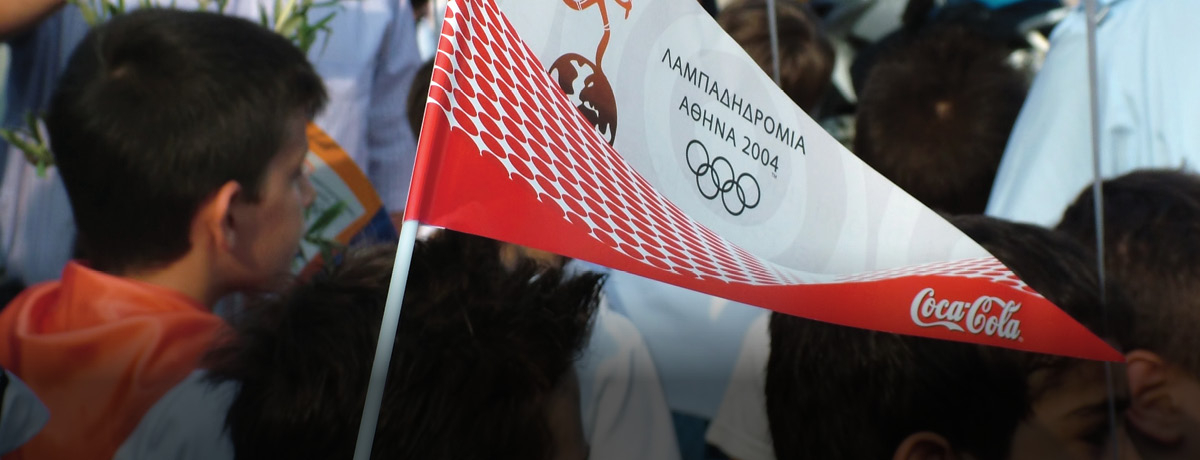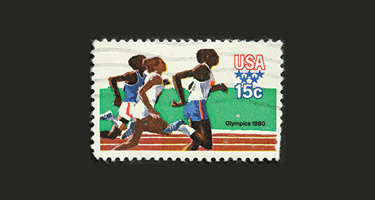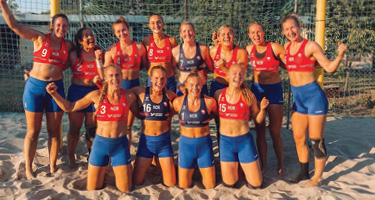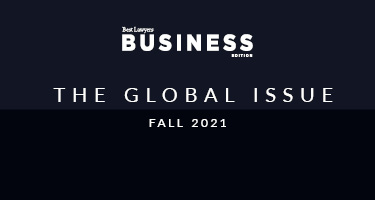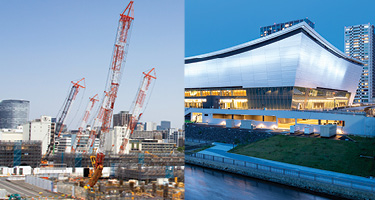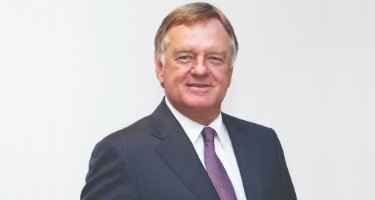This article was originally published on 10/26/21 and updated on 2/16/22.
Having been delayed a year because of the pandemic, the Tokyo Olympics finally went ahead at the end of July and the beginning of August. Although restrictions kept fans out of the stands, the Games were a success—certainly for Team GB, whose 65 medals matched its tally from London 2012 and ranked fourth overall this year.
Although the Tokyo Games didn’t attract as large an audience as previous ones (due possibly to time differences as well as a number of high-profile athletes having withdrawn ahead of time), the Olympics and subsequent Paralympics are still one of the best means for brands to achieve significant global exposure. As a result, the ability to grant official sponsorship rights to commercial partners represents one of the primary sources of revenue for the International Olympic Committee (IOC) and the International Paralympic Committee (IPC), which ink sponsorship agreements with the Games’ global partners; and the national organizing committee for a given year’s Games—this year, the Tokyo Organizing Committee of the Olympic and Paralympic Games (TOCOG), which signed deals with local partners specifically for the 2020 Games. TOCOG estimated as part of its bid to host the tournament that local sponsorship rights would account for 27 percent of its income from the Tokyo Games, with international rights making up another 10 percent. The absence of any ticket sale revenue will likely mean that the true figures for the 2020 Games are in fact higher still.
Brands that aren’t official sponsors of the Olympics naturally wish to take advantage of this worldwide platform—especially if they’ve previously sponsored individual athletes. However, because income generated from official sponsorship rights is used not only to fund the Games but also to invest in the development of the Olympic sports at the grassroots level as well as promote the Olympic movement’s broader humanitarian goals around the world, detailed legal provisions and other regulations tightly govern how they may do so.
LEGAL RESTRICTIONS
The emblems, names, and slogans associated with the Olympics and Paralympics—the famous rings, flags, torches, flames, the motto “Faster, Higher, Stronger,” anthems and even expressions such as “Games of the Olympiad”— (collectively referred to as the “Olympic Properties”) are, under the Olympic Charter, the exclusive property of the IOC and IPC. This protection is echoed in law: for example, signatories to the 1981 Nairobi Treaty are obliged to refuse or invalidate registration of, and to prohibit the commercial use of, any sign featuring the Olympic rings without the IOC’s authorisation. Many of the Olympic Properties will also be protected globally as registered trademarks—and, in the case of artistic works such as those of the Olympic mascot and emblems, or musical works such as anthems, by copyright.
The ability to grant official sponsorship rights to commercial partners represents one of the primary sources of revenue for the International Olympic Committee (IOC) and the International Paralympic Committee (IPC).”
Furthermore, many countries have enacted legislation giving special protection to the Olympic and Paralympic brands. In the U.K., for instance, the Olympic Symbol Etc. (Protection) Act 1995 created Olympic and Paralympic “association rights,” which confer exclusive rights for use of the Olympic and Paralympic symbols, mottos and other protected words. Further legal protections were given to elements specific to the 2012 Games under the London Olympic Games and Paralympic Games Act 2006. Similar legislative protections for the Olympic Properties also exist under Japanese law.
Brands that run ad campaigns both before and during any Games must take care to avoid using such elements (or similar ones) in their marketing to avoid becoming the subject of IOC or IPC trademark or copyright-infringement claims. They’ll also have to ensure they don’t suggest any undue commercial connection with the Games which might lead to claims for passing off or unfair competition. The IOC even prohibits such seemingly innocuous terms as “go for the gold,” “countdown to 2020” and “2020 sports festival” as it considers these phrases to be evocative of the Games.
THE OLYMPIC CHARTER
The Charter, the governing rules and guidelines for the Olympics overall, has historically prohibited athletes from using their image or performance in advertising immediately before, during and after the Games without the IOC’s permission. In the wake of protests from athletes that these rules were too restrictive—which led various national Olympic committees to relax them throughout the Rio de Janeiro Games in 2016—the IOC published an amended version of Rule 40 of the Charter in 2019 that permitted athletes’ likenesses to be used in advertising during those periods, provided that the use was in accordance with principles determined by the IOC board.
The revised rules remain restrictive. Non-Olympic partners were permitted to use an athlete’s image in advertising during the Tokyo Games only if the campaign could be classified as “generic”—i.e., the athlete’s image was the only connection between the ad and the Games and the ad in question had been previously brought to the IOC’s attention, had run consistently in its market for at least 90 days before the start of the Games and was not materially escalated in frequency during the Olympics.
In addition, only official Olympic partners were permitted to issue supporting or congratulatory messages to athletes during the Games, and athletes were permitted just a single thank-you message to each non-Olympic partner. Failure by athletes to adhere to any of these principles could result in disciplinary action being taken against them by their National Olympic Committee. Sanctions for breaches of the Charter include temporary or permanent ineligibility or exclusion from the Games and/or disqualification from events, and loss of medals and rankings.
LOOKING AHEAD
A mix of national legislation and sporting rules ensure that use of all the Olympic Properties is reserved to the official partners of the IOC, IPC and national organizing committee for each Games. Similar restrictions apply to brands that wish to use athletes’ images as part of their marketing during the Olympics and Paralympics.
Given the lack of reports of brands seeking to ride on the coattails of the 2020 Games and benefit from association without paying for the privilege, the legal protections accorded the Olympic brand appear to have worked as intended. However, ongoing pressure from athletes to further relax the guidelines that govern how their images may be used may change the rules going forward.
Nick Fitzpatrick has a particular focus on copyright, digital broadcasting, television, sport, film and sponsorship. Nick works with a full range of media clients, from US studios to private individuals. Nick is also co-chair of our global Media, Sport and Entertainment team.
Alasdair Muller's practice focuses mainly on dispute resolution in the sport sector. He regularly acts in relation to various aspects of sports rights holders' anti-piracy programs (ranging from High Court actions against individuals to applications for dynamic blocking injunctions) as well as handling regulatory and compliance matters dealt with under sports governing bodies' own internal arbitration systems.
